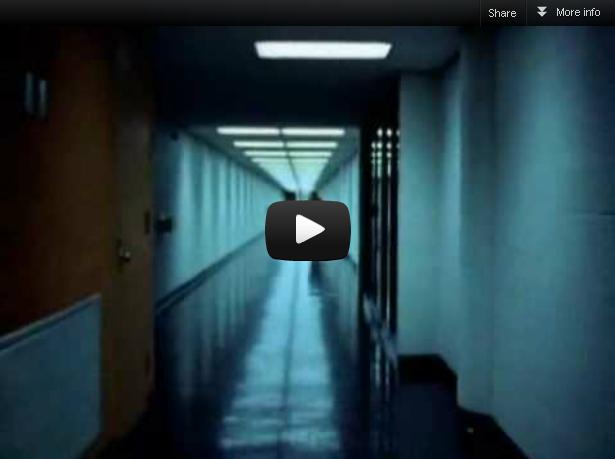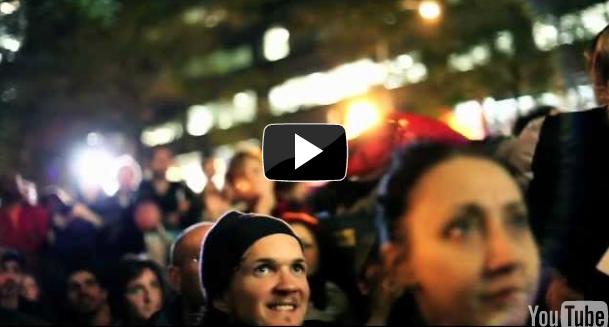![Zeitgeist: Moving Forward [Film]](http://www.mutualresponsibility.org/wp-content/uploads/2012/08/zeitgeist-moving-forward_600.jpg)
![Zeitgeist: Moving Forward [Film]](http://www.mutualresponsibility.org/wp-content/uploads/2012/08/zeitgeist-moving-forward_600.jpg)
![Blind Spot [Film]](http://www.mutualresponsibility.org/wp-content/uploads/2012/08/blind-spot_600-123.jpg)
Blind Spot [Film]
Blind Spot analyzes the problem of peak oil, that: Oil and fossil fuel energy is finite, and coming to its end in the near future Human population is constantly increasing Society is not preparing for the end of oil and fossil fuels, but instead self-interest values, which encourage the direct and indirect use of fossil fuels, continue being perpetuated in the media. The Problem Of Peak Oil – That It Connects In A Complex Web Of Other Problems Blind Spot presents the complications in dealing with the problem of peak oil, by showing how it connects to many other current and future problems: inflation, stagflation, pollution, climate change, global warming, overconsumption and overpopulation. Through interviews with scientists and experts in ecology, economy and sociology, Blind Spot proposes some approaches to these problems, including population control, policies for using less energy and implementing different kinds of energy. Peak Oil’s Central Problem – Challenging The Strong Influence Of Self-Interest Values Upon Society However, central to the problems that the film’s experts’ mentioned is the issue of social influence. There is an in-built threat in challenging generations of self-interest values at the center of society’s beliefs and assumptions, or “The American Way,” as people in Americanized societies are used to relying on cheap oil and energy, living in big houses, being highly individualized, and traveling long distances. The cultural constraint on change becomes very dangerous, because when it is challenged, it is challenging generations of belief and assumptions. … There are people who have to study raw data, who are trained as scientists to have their belief system based upon evidence, and when that contradicts generations...![Meltdown: The Secret History Of The Global Financial Collapse [Film]](http://www.mutualresponsibility.org/wp-content/uploads/2012/09/meltdown-620.jpg)
Meltdown: The Secret History Of The Global Financial Collapse [Film]
Meltdown: The Secret History of the Global Financial Collapse paints a picture of the 2008-to-2010 global socio-economic sphere. It follows the banking bubble’s burst in September 2008, and the worldwide domino effect of troubles and uprisings that followed. The Financial Crisis Forced People To Recognize Global Interconnectedness Most notably, Meltdown: The Secret History of the Global Financial Collapse presents how the 2008-to-2010 financial crash and its effects stamped an imprint of global interconnectedness into people’s worldviews, especially those of bankers, economists and politicians, forcing a revision on issues of global-scale responsibility and interdependence. Meltdown: The Secret History of the Global Financial Collapse takes the viewer through the times before the 2008 financial crash, when there was little acknowledgement or concern about the vast reaching implications of global interconnectedness, as New York Times’ Andrew Ross Sorkin points out in the first part of the movie, about how people in New York did not take the English bank Northern Rock’s crash as a warning sign: People in New York saw the crash of the Northern Rock bank in England as ‘that’s happening over there, that’s not happening here.’ The sense of interconnectedness was not realized until the very last moment.” … to 2010, a time when the change in people’s sensitivities to globally connected relationships became felt, as IMF Managing Director Christine Lagarde mentions in the film’s final part: Everyone has changed in this crisis. When the real estate and financial bubbles burst, it caused an examination of conscience about the creation of wealth, how resources should be allocated, the sharing of wealth, how countries relate to each other, what defined well-being. On those issues, we...
Is The Global Economic Crisis An Example Of The Prisoner’s Dilemma?
When I think about the world I would like to leave to my daughter and the grandchildren I hope to have, it is a world that moves away from unequal, unstable, unsustainable interdependence to integrated communities – locally, nationally and globally – that share the characteristics of all successful communities.” Bill Clinton, former President of the United States. The Prisoner’s Dilemma Although it is a simple mathematical idea, it turns out to be an enchanted trap that has ensnared some of the brightest minds for decades.” The above and following quotes on the Prisoner’s Dilemma are taken from, Super Cooperators: Altruism, Evolution, and Why We Need Each Other to Succeed, by Martin Nowak and Roger Highfield. Imagine that you and your accomplice are both held prisoner, having been captured by the police and charged with a serious crime. The prosecutor interrogates you separately and offers each of you a deal. This offer lies at the heart of the Dilemma and goes as follows: If one of you, the defector, incriminates the other, while the partner remains silent, then the defector will be convicted of a lesser crime and his sentence cut to one year for providing enough information to jail his partner. Meanwhile, his silent confederate will be convicted of a more serious crime and burdened with a four-year sentence. If you both remain silent, and thus cooperate with each other, there will be insufficient evidence to convict either of you of the more serious crime, and you will each receive a sentence of two years for a lesser offense. If, on the other hand, you both defect by...
